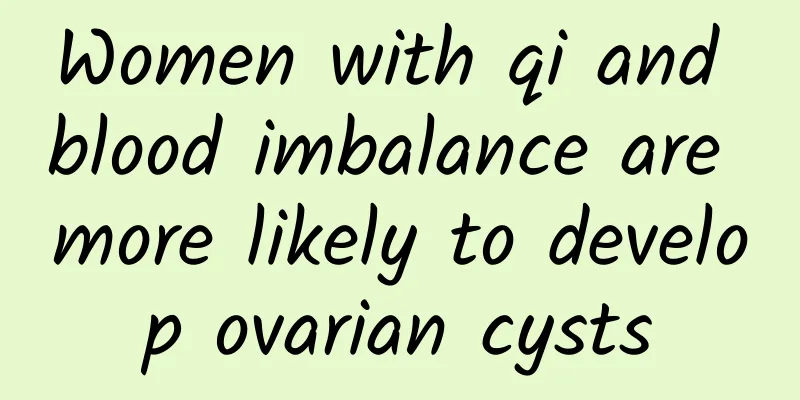Is spiciness a taste or a pain?

|
Spiciness is actually a pain sensation, not a taste sensation. Although we often use the word "taste" to describe the sensation when tasting chili peppers, from a scientific point of view, the stimulation brought by spiciness is transmitted through pain nerves. This feeling is mainly caused by capsaicin, which activates the pain receptors in our mouths, causing a burning sensation. Capsaicin binds to pain receptors in the mouth, just like a key and a lock. This process makes us feel "hot" and even makes us cry and sweat, as if the body is fighting against the high temperature. In fact, this reaction is a self-protection mechanism of the body, reminding us to pay attention to possible "dangerous" foods. Although chili peppers do not actually cause harm to the body, this feeling makes us experience a similar reaction. Many people may wonder, if spiciness is a painful sensation, why do we still like spicy food? It actually has to do with the reward mechanism in our brain. When eating spicy food, the body releases endorphins, which are pleasure chemicals similar to the "runner's high." This explains why some people become addicted to spicy food and even enjoy the experience while feeling pain. From a dietary perspective, a moderate amount of spiciness can increase appetite and promote metabolism. Chili peppers are rich in vitamins and antioxidants, which are good for the body. However, excessive consumption of chili peppers may irritate the gastrointestinal tract, causing stomach pain or other discomfort. For those who can't eat spicy food, you can try to start with a small amount and gradually adapt. In daily life, understanding the nature of spiciness can help us better choose the right diet for ourselves. For those who like to challenge their taste buds, spiciness is an indispensable condiment. Whether it is for the pursuit of excitement or for health, as long as we master the right measure, spiciness can become a part of our lives. |
<<: How should I treat dysmenorrhea?
>>: What medicine can stop menstruation?
Recommend
Body Shaping Tutorial - The Fantasy Thigh Curve (Part 2)
Accidentally ate too much? No time to lose weight...
Treatment of polycystic ovary syndrome Different treatments are chosen for different conditions
Polycystic ovary syndrome is a complex disease ca...
Will medical abortion affect pregnancy? What are the precautions for medical abortion?
If a woman does not want the child after an unexp...
Is the chance of threatened miscarriage high?
Is the chance of threatened miscarriage high? Thr...
How is myomectomy performed? What are the procedures for myomectomy?
There are many treatments for uterine fibroids. S...
Several typical symptoms of acute pelvic inflammatory disease
Some of the symptoms of acute pelvic inflammatory...
Cervical erosion needs to be carefully differentiated from cervicitis
Cervical erosion is a common lesion in uterine in...
Apple cider vinegar relieves constipation, lowers blood sugar, and helps you lose weight? Study: Drinking a cup of apple cider vinegar after breakfast and dinner can help reduce belly fat
There are hundreds of ways to lose weight, and so...
How to check for bacterial vaginosis
Everyone knows that bacterial vaginitis is a comm...
Abnormal vaginal discharge is a body signal
Abnormal vaginal discharge may be a health signal...
What is cervical hypertrophy?
Cervical hypertrophy is a type of chronic cervici...
Analysis of several common causes of adnexitis
As people pay more attention to women's healt...
The following is an introduction to the classification of chronic cervicitis
"What are the classifications of chronic cer...
Face up to the dangers of ovarian cysts and take early prevention and treatment
Underestimating the harm of ovarian cysts is very...
How to effectively prevent pelvic inflammatory disease
Do you know about chronic pelvic inflammatory dis...









